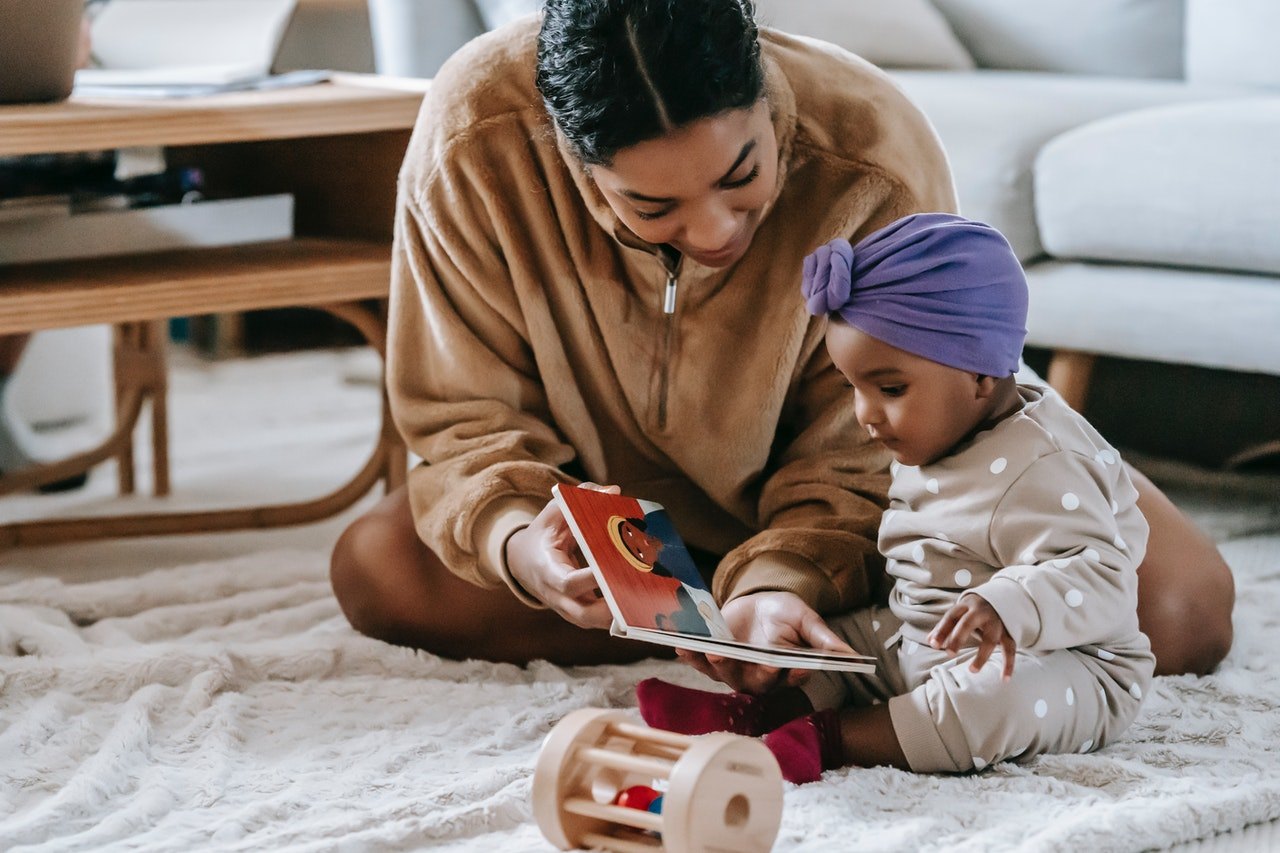Parents and guardians have important roles to play in a child’s early literacy development, especially with ongoing lockdowns due to the global health crisis. These young learners are unable to go to school and interact with others their age to develop their literacy skills.
Since literacy development is crucial to a child’s overall development, the building blocks for literacy, such as the ability to speak, listen, and understand should be harnessed as early as possible at home. Adults at home should encourage literacy development among the children.
This article will focus on different ways to foster child literacy at home. It will discuss several activities that you can do at home to help in this development. If you want to know more about how you can help encourage child literacy at home, keep reading the article below.
- Defining Literacy as a Concept
- Reasons Why Early Literacy Is Crucial in Child Development
- Research Supporting the Need for Early Literacy Development
- Developing Critical Thinking Skills in Children
- Practical Ways to Encourage Literacy and Learning in Early Childhood
- Importance of Communication in Literacy Development
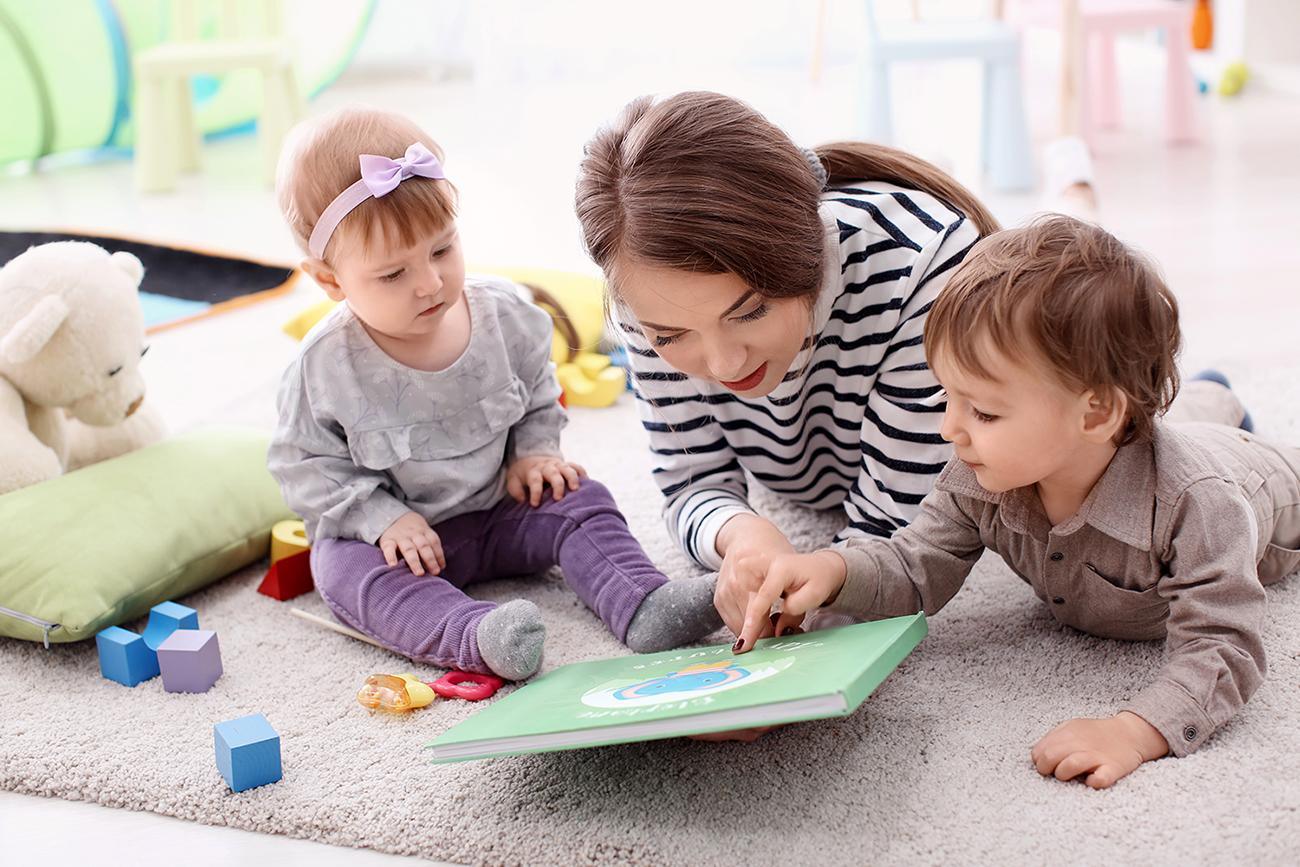
Defining Literacy as a Concept
In a traditional sense, literacy refers to the ability to read and write but while these two skills are important elements of literacy, the current understanding of literacy goes beyond these two.

According to Alberta Education, literacy refers to the “ability, confidence and willingness to engage with language to acquire, construct and communicate meaning in all aspects of daily living.”
Some groups like the 2003 National Assessment of Adult Literacy in the U.S. includes numeracy or the ability to reason or apply simple numeracy concepts in its definition of literacy.
Literacy in Children
With young children, their literacy development begins with their families and communities. An example of literacy in children is their ability to communicate what they need to their parents.
Other literacy abilities include forming their first words, singing songs, and interpreting symbols that they see around them. Thus, literacy is ultimately the basis of learning for children.
Parents and family members are considered the most influential teachers of literacy. They should be the ones to encourage the kids to enjoy activities like reading, writing, and speaking.
Reasons Why Early Literacy Is Crucial in Child Development
According to the American Academy of Pediatrics, introducing reading to children early on tends to help them to read earlier and perform well in school compared to those without exposure to language and books in the early years.
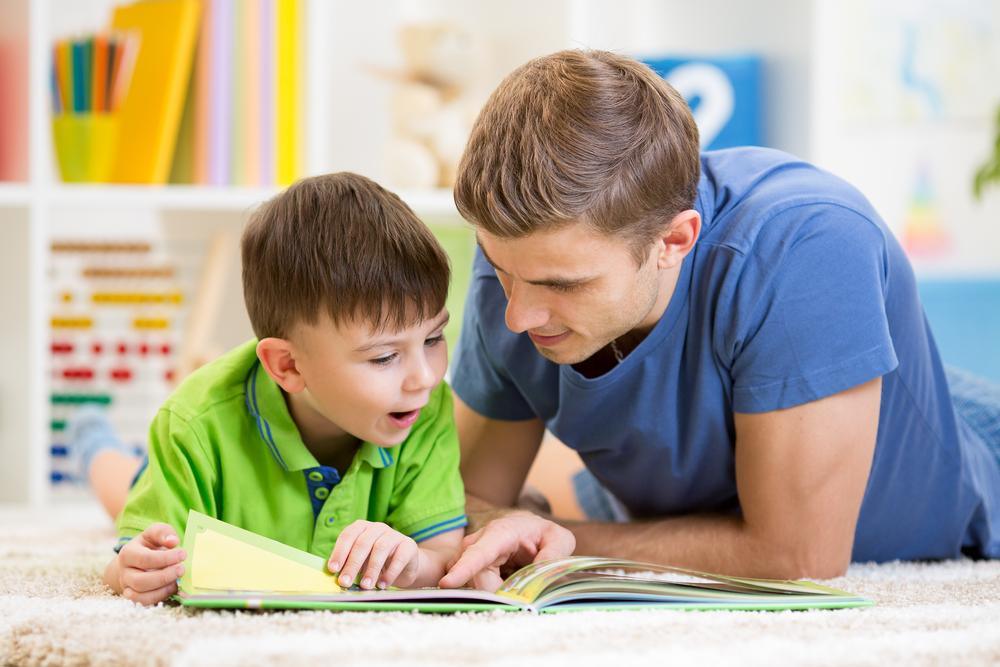
It was also discovered that reading, talking, rhyming, and singing beginning at birth impacts their language and literacy development, and sets the foundation for their overall learning.
In the U.S., one in three children begins Kindergarten without the ability to learn how to read because of a lack of early childhood literacy intervention at home.
Critical to Learning and Their Future
Early literacy development, which occurs from birth to three years, is considered crucial because it builds the foundation for children’s future language development, writing, reading, and overall learning.
Children tend to struggle in more advanced subjects such as math and science if they aren’t skilled enough to read and understand the content of lessons.
Furthermore, nonprofit organization Reading Partners noted that students who can’t read by fourth grade have a higher chance of dropping out of high school.
Research Supporting the Need for Early Literacy Development
A study conducted by the University of South Australia in Fiji revealed that regular engagement in literacy among three- to five-year-old children results in good literacy outcomes.
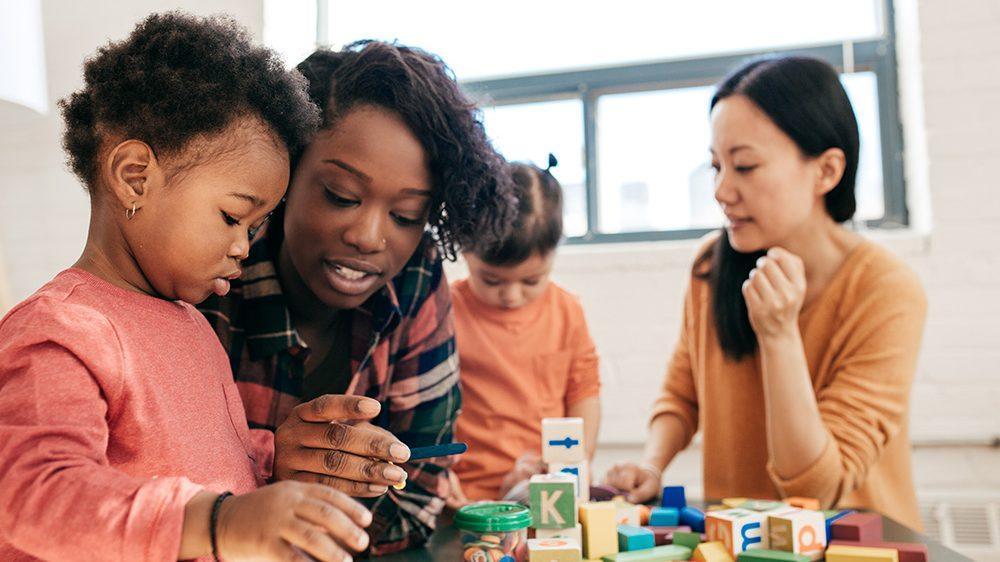
There were several methods of literacy-building activities observed in this study, including communication and entertainment technologies, print and information, and arts and crafts.
Reading and creating images, creating marks on paper, screens, and other surfaces, and telling and acting out real or imagined stories are also some of the activities involved in early literacy activities.
Other Studies on Early Literacy in Children
Meanwhile, the Melbourne Institute of Applied Economic and Social Research discovered that regardless of family background and home environment, daily reading to young kids leads to better school outcomes.
An OECD Program for International Student Assessment (PISA) study highlighted that children who received reading and storytelling from parents at a young age had a higher reading achievement at age 15.
However, the study also indicated that adult-child interactions are also crucial and not just the reading and storytelling activities. They should be both lively and engaging.
Developing Critical Thinking Skills in Children
One way to encourage a child’s early literacy development is to build critical thinking. Children need to utilize their critical thinking skills to understand stories that are read to them.
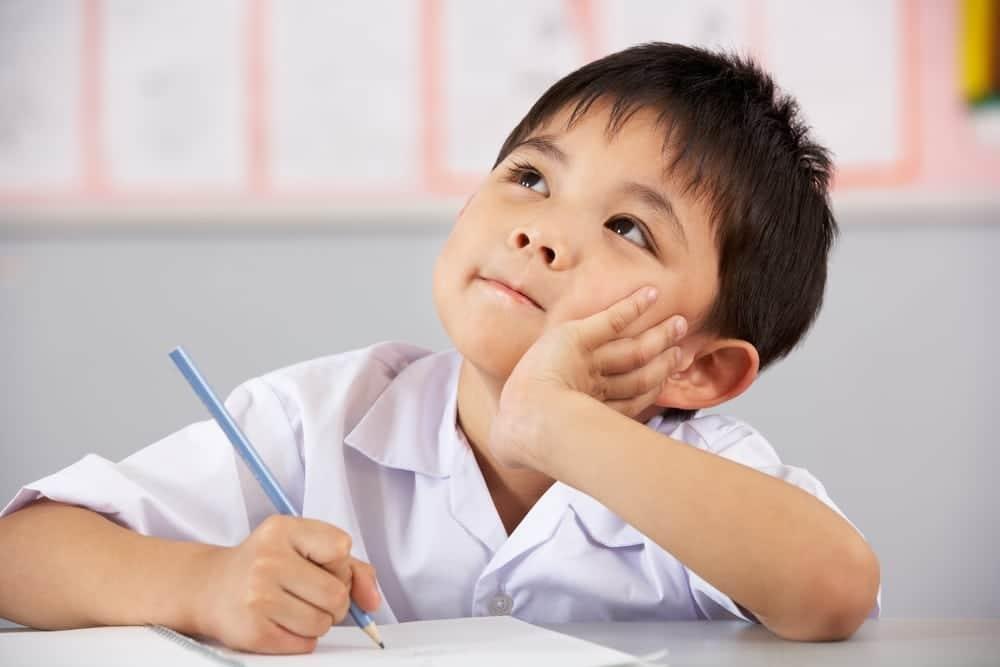
Critical thinking skills in children can be honed through explaining, evaluating, predicting, projecting, and problem-solving.
Explain why things happen and allow them to come up with their own explanations and conclusions.
Evaluating involves activities that enable children to form their opinions about their preferences, such as in food. It also teaches them to recognize the merits of different objects, events, and experiences.
Other Ways to Promote Critical Thinking
Predicting means encouraging children to make plausible predictions about what happens next. Encourage children to do this by making comments or asking questions.
On the other hand, projecting is about encouraging kids to place themselves in the shoes of others by asking things like “How do you think he/she feels?” or “What do you think is on his/her mind right now?”
Lastly, critical thinking can also be enhanced by allowing kids to do their own problem-solving based on their own knowledge and experiences. Make them describe the problem and draw up alternative solutions.
Practical Ways to Encourage Literacy and Learning in Early Childhood
Parents and other family members don’t need to be professionals in order to assist in early literacy development. There are numerous practical methods to do this.
One of these is reading to newborns immediately. There’s no need to wait until they fully develop their hearing. This method will allow them to become accustomed to your voice and language tones.
Start them early on books. Using board books with illustrations of animals and everyday things are best for babies and toddlers. The books should have a few words that promote interactivity.
Other Practical Methods
Another practical method for promoting literacy is to involve children in activities that require literacy, such as making a Christmas gift list, finding a friend’s house on a map, or creating e-cards.
Make them share stories during mealtimes and record those stories through writing or via phone. You can turn these stories into a slideshow, a book, or animation later on so they can see how spoken words are transformed into written ones.
During playtime, you may insert literacy, such as helping them follow written instructions for using a toy or building something. You can also use text in pretend play, such as ordering food for delivery.
Importance of Communication in Literacy Development
Especially in the early stages, the way parents and guardians communicate with young children affects the development of their ability to listen, understand, and speak as they grow older. Even babies respond to a parent’s smiles or words.

Imitating baby sounds and using baby talk is okay because talking slowly, allowing your voice to rise and fall, and repeating and emphasizing words, enable them to understand how language is constructed.
Talking to children about everyday activities and things you see together also helps their development.
You can even talk about feelings, such as whether they’re feeling happy or sad. This will also help them understand others’ feelings.
Other Communication Techniques
Just like talking to other adults, talking to children requires listening. You should follow the child’s lead and help steer the discussion to things they want to talk about so they remain interested in the conversation.
If a child asks a question, you could give them the chance to find the answers themselves before you intervene and provide the answers. Ask them questions like “What do you think?” when they ask about something.
In instances where a child mispronounces words, you should repeat the mispronounced words with the correct pronunciation so they could eventually use the correct ones. Singing could also help improve communication skills.
The Bottom Line
Literacy development is a critical building block in a child’s overall learning and growth so starting early at home may be considered common sense. While there are a lot of technologies and devices that you can use to promote learning, personal interaction and communication remain the most effective ways.
It’s never too early to read and talk to children and that’s the beauty of the human brain. Children may not be able to immediately understand how things work but their brains are already processing the information they receive for later use.

